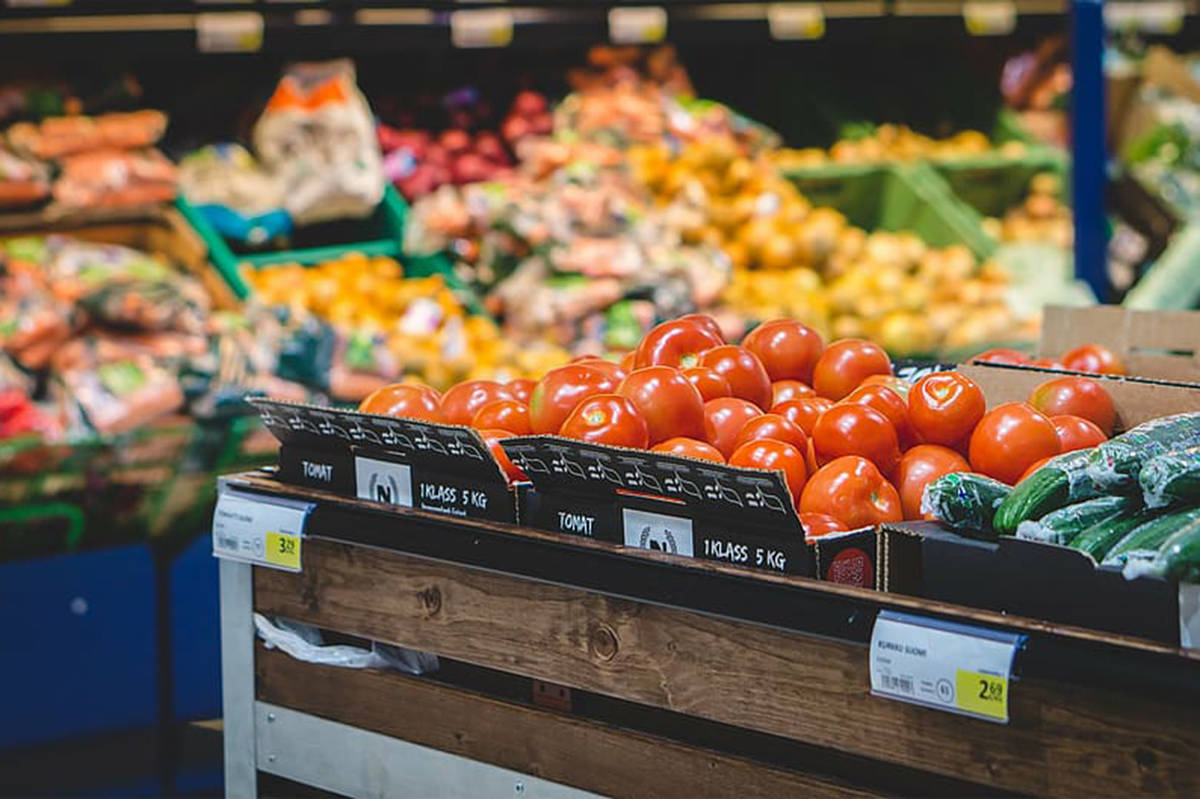Workers at many large grocery stores in unincorporated King County will soon see a pay bump of $4 an hour after the King County Metropolitan Council voted to approve the increase on March 9.
The pay increase cover employees at large stores and chain stores, with the exception of a Grocery Outlet in Skyway and potentially a second, different grocery store elsewhere in the county. The hazard pay increase will remain in effect until the state of emergency, stemming from the coronavirus pandemic, is lifted.
The measure was approved in an 8-1 vote by the county council, and garnered support from UFCW 21, which represents grocery store workers in the county. Although grocery store workers are deemed as “essential”, their pay through most of the pandemic has remained flat. Grocery store workers are often paid low wages, and despite high profits for many large grocery store chains, largely haven’t seen their income increase. Over the last year, these workers have largely been required to show up for work.
Seattle and Burien had already passed similar ordinances. In response, the Northwest Grocery Association and the Washington Food Industry Association sued Seattle over its hazard pay legislation.
Several grocery stores could be required to provide hazard pay to their employees. The affected businesses would need to have at least 500 employees worldwide, along with at least 10,000 square feet of space, or more than 85,000 square feet with at least one-third of it dedicated to retail grocery sales. Washington state’s minimum wage is currently $13.69 per hour.
Cities like Seattle have implemented higher minimum wages, which has a $15 minimum wage. Congress recently passed another stimulus bill, which includes $1,400 checks for those making less than $75,000 annually. The checks are expected to reach workers by the end of March.
Essential workers have often been required to show up to work over the past year, even as many other workers were allowed to work from home. According to a study from Harvard University, grocery store workers who interact with customers may be five times more likely to contract COVID-19 than their coworkers who do not have to interact with the public.
Grocery store workers who work in-person, and interact with a high volume of coworkers are set to receive vaccines soon. Under Washington state’s plan, these workers are eligible for vaccines in Phase 1B tier 2. The state is currently in tier 1.


